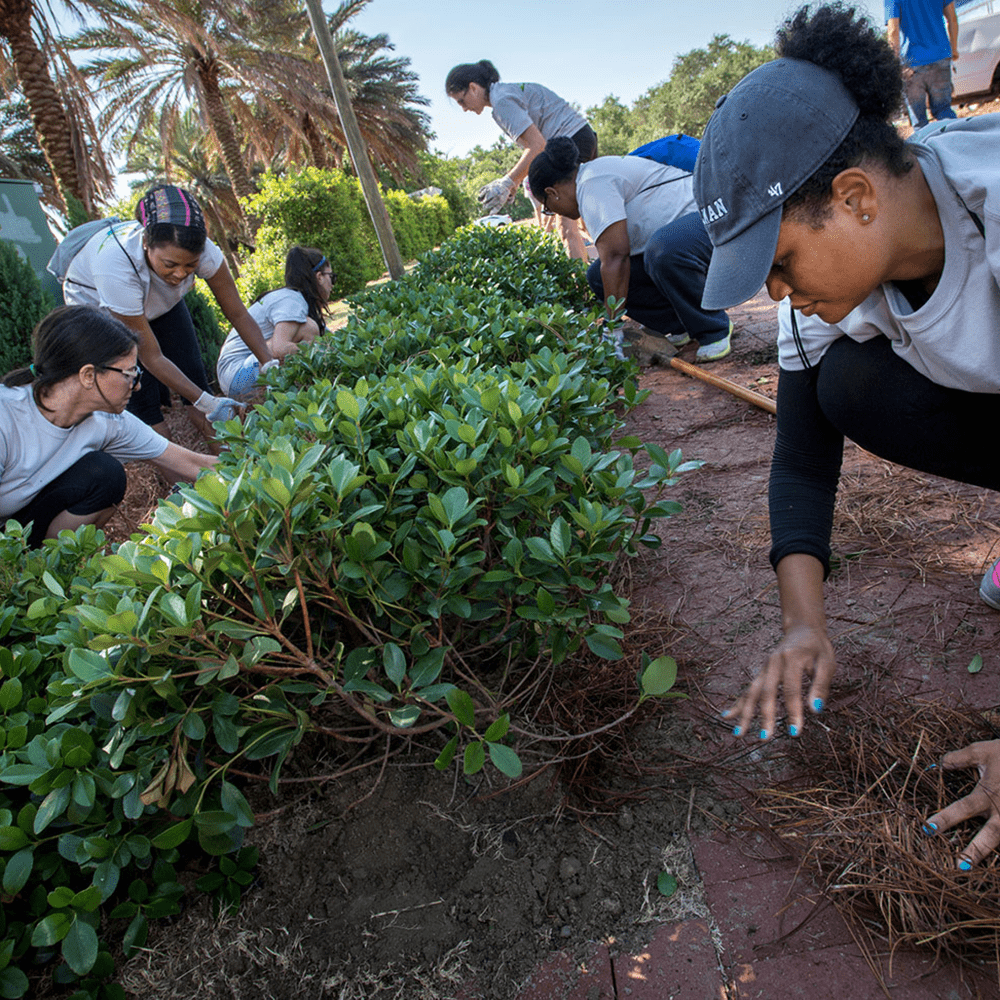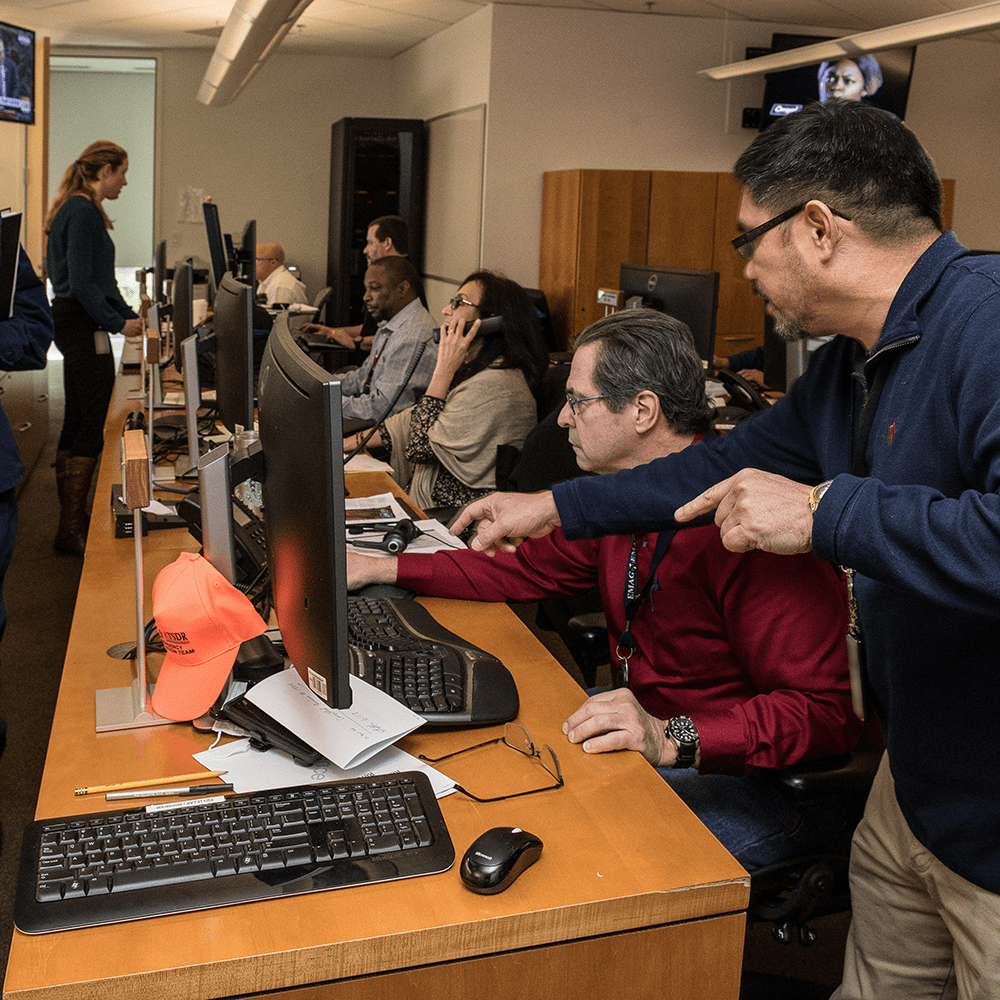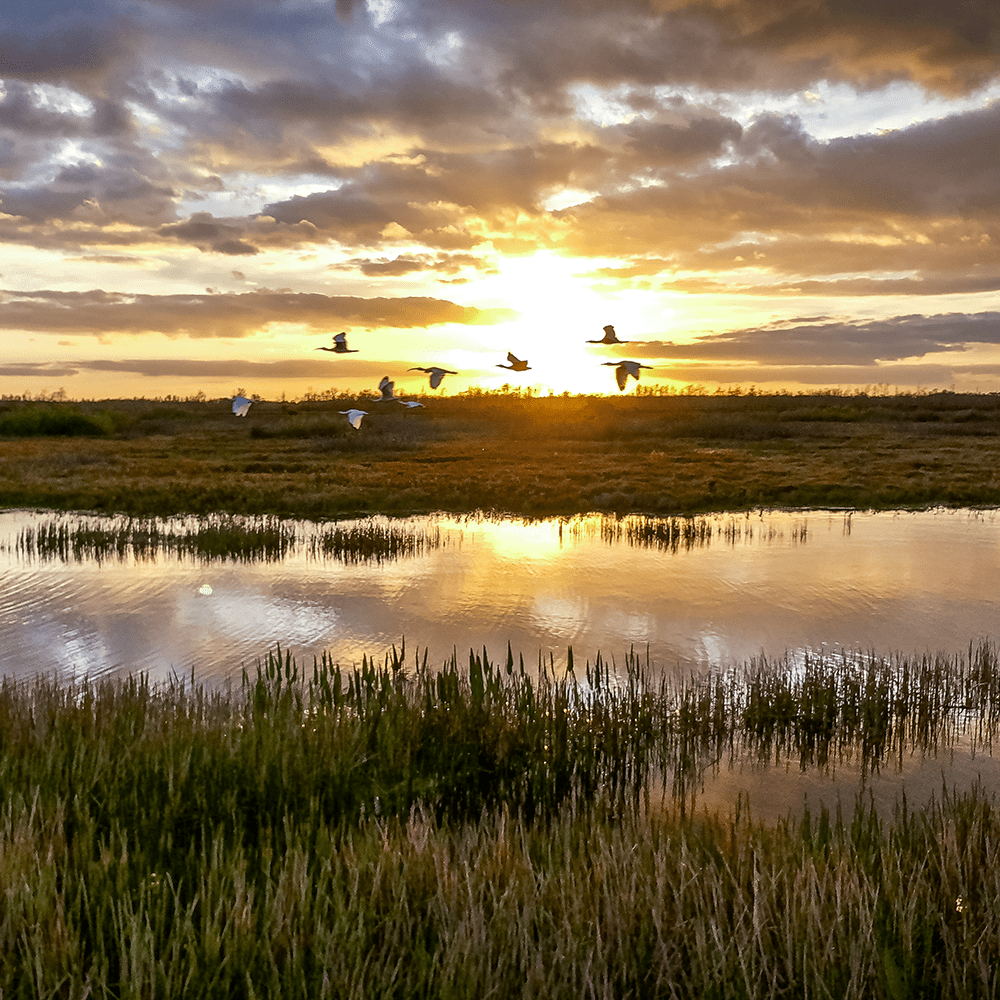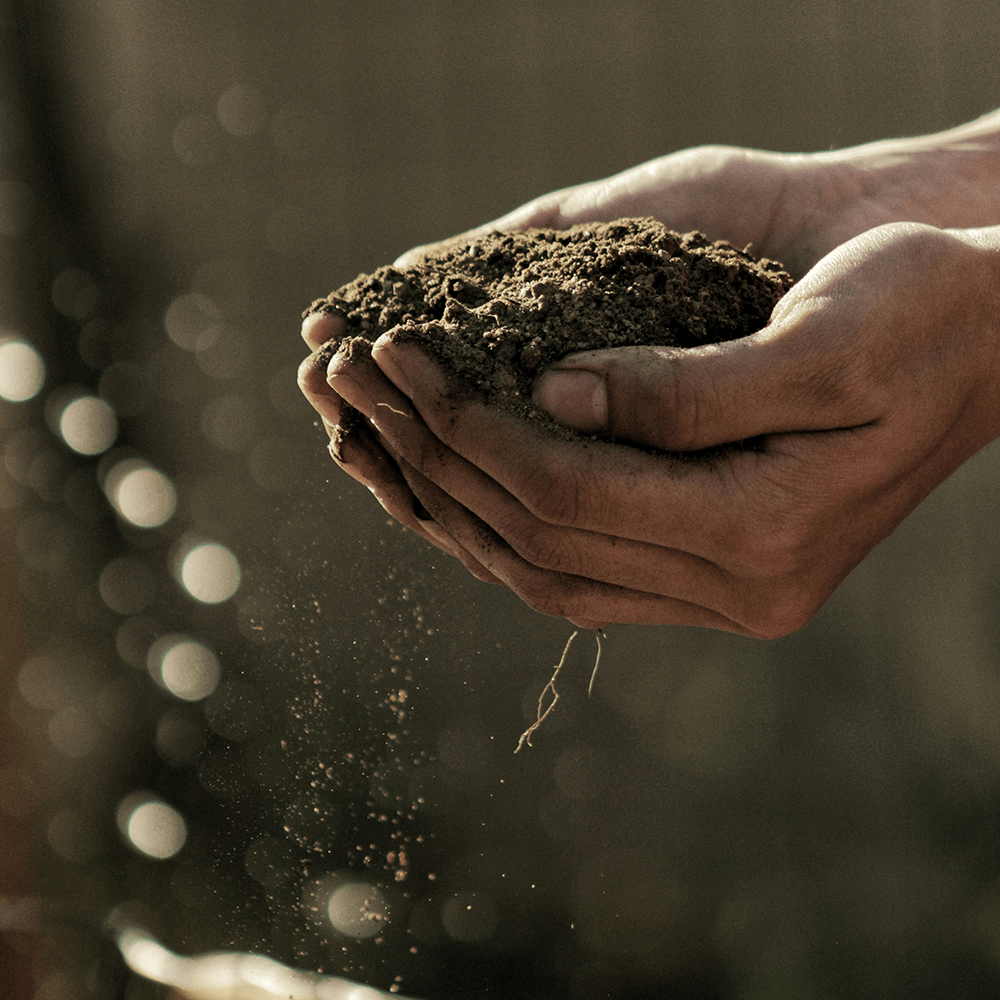Disaster Resilience Leadership Academy
The emerging field of Disaster Resilience Leadership is an innovative response developed as a direct result of failures in corporate, nonprofit, municipal, state, and federal administration following natural and human-made events with far-reaching impacts. Although many graduate programs focus on disaster and risk management, none of them specifically target the role and development of leadership and resiliency as a means of producing effective programs or outcomes for communities and their residents. This makes the Disaster Resilience Leadership Academy (DRLA) the first with such an innovative focus.
Become a resilience innovator.
.
No matter what your Bachelor's degree is in, you can study with DRLA.
Talk with an enrollment advisor and get all your questions answered! Call 504-882-7846 Monday through Friday from 8 a.m. to 6 p.m. CST, or email us any time.
Academic & Degree Offerings
Through a refined curriculum designed around a set of core competencies, DRLA offers graduate-level programs that equip individuals with a comprehensive view of the challenges and best practice approaches to leadership in the disaster resilience and humanitarian aid fields. It applies the knowledge of the context of disasters to leadership that results in resilient, sustainable, post-disaster communities.
Experience an interdisciplinary, evidence-based curriculum that integrates education, research, and practice-based application; requires 36 credit hours and can be completed in 12 to 24 months on-campus or online.
Focus on the DRL core competencies: Human and Social Factors, Disaster Economics, Disaster Operations and Policy, Environment and Infrastructure, and Leadership; requires 15 credit hours.

Start or Expand Your Career
DRLA students include current and future professionals from a variety of fields who want to develop and hone the skills needed to lead with confidence. They are looking to start or expand careers in:
- Resilience and city planning
- Emergency preparedness
- Disaster management
- Monitoring and evaluation
- Nonprofit leadership
- Grassroots development
- Disaster risk and recovery programs
Community Engaged Research Practice
The goal of the Consortium for Emergent Disaster Resilience (CEDR) is to enhance communities’ abilities to adapt and withstand disasters to be more resilient by identifying barriers, strengthening leadership, and developing relationships.
The goal of the GRI is to improve society's ability to understand, respond to, and mitigate the impacts of petroleum pollution and related stressors of marine and coastal ecosystems, with an emphasis on conditions in the Gulf.
The Global Resilience Partnership (GRP) is made up of 80+ partners that work together to advance resilience through identifying and scaling on the ground innovation, generating and sharing knowledge, and shaping policy.
Take the Next Step!
For more details about graduate programs through Tulane School of Social Work, complete our information request form. If you're ready to take the next step, apply today!






